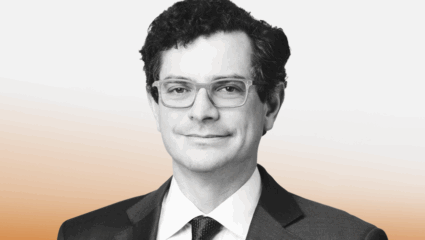Dual-class share structures can be protective against activists, as the high-vote bloc shields boards in proxy contests, but never assume they’re a “bulletproof” defense, Paul, Weiss, Rifkind, Wharton & Garrison LLP partner Carmen Lu told the Activist Investing Today podcast.
“Activists have successfully targeted dual-class companies,” Lu said. “This is because activists have a range of objectives, which may include profiting off stock price volatility, an objective that does not necessarily need the support of a majority of shareholders.”
Lu also discussed trends in M&A activism, white squire defensive strategies, prospects for campaigns targeting technology companies in 2025 and what to do when multiple activists congregate at the same company.
Regarding dual-class, Lu said there are many companies in which the high-vote class is held by multiple people, creating risks where “activists are able neutralize the high-vote shares by pitting the [high-vote] holders against each other.”
Check out the podcast with Carmen Lu below:
More podcasts from The Deal are available on iTunes, Spotify and on TheDeal.com.




